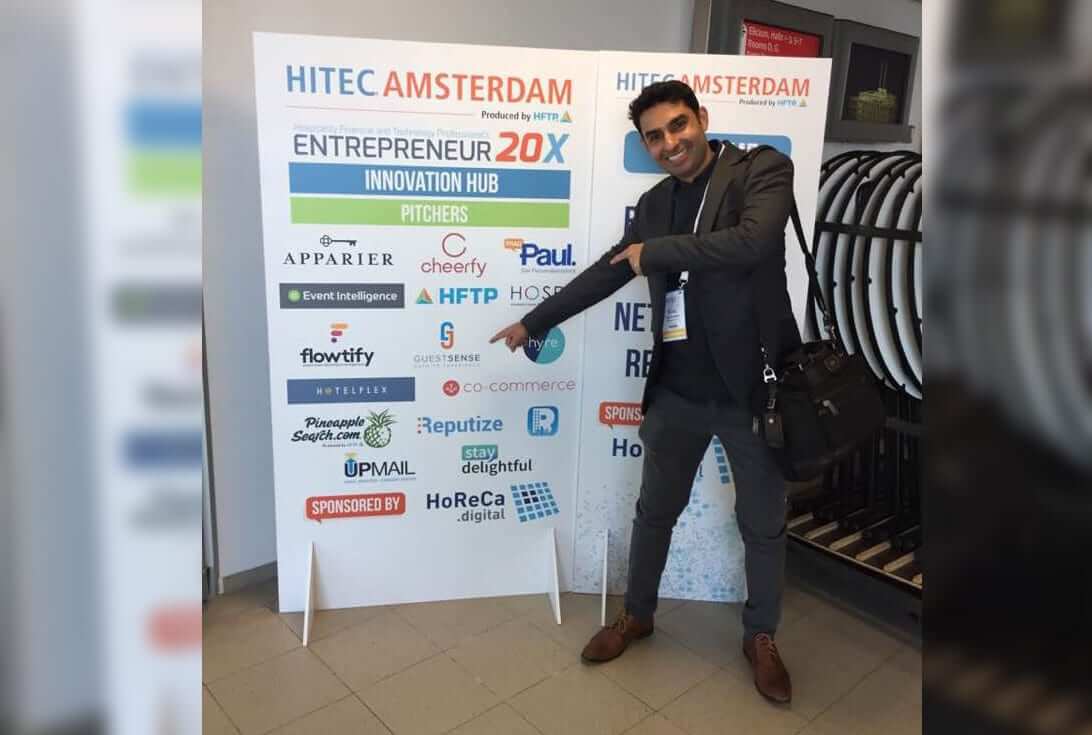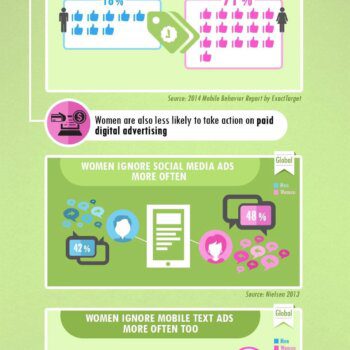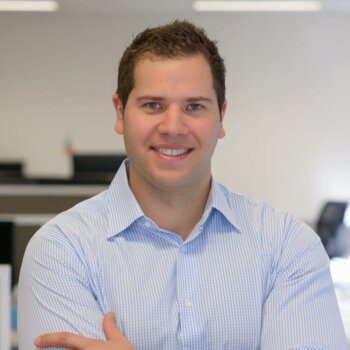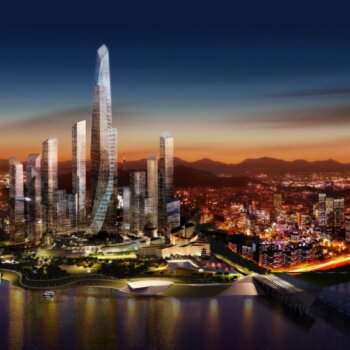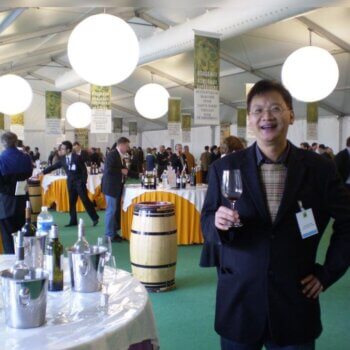According to Rishi Randhawa, the hotel technology industry is at the cusp of a revolution.
What’s your story?
I’m a problem solver at heart and while travelling I kept experiencing issues with hotels accessing past information about me and inefficiencies throughout the entire travel journey. This was endemic especially among boutique hotels and independent properties and I wanted to find ways to improve the guest experience at that level as budget and resource was always an issue. By consolidating and automating we can help them save time and money while delivering the same results.
What excites you most about your industry?
The hotel technology industry is at the start of a huge revolution. Things are starting to move as hoteliers have realised that they need to adapt or close as new hotels are constantly popping up and taking their share of guests. On top of that, the guest experience and CRM field is still fairly new as most hotels don’t focus on re-marketing and driving repeat bookings. It’s amazing to walk into hotels in South-east Asia and have passionate discussions about this topic with hoteliers of small properties because they don’t have the time to explore and see what’s happening outside of their walls.
What’s your connection to Asia?
I was born in Malacca, Malaysia, I grew up in New Zealand and worked in both Singapore and Malaysia for the last 10 years. Travelled extensively while working all around South-east Asia.
Favourite city in Asia for business and why?
Bangkok. The food, culture and service level is just one of the best in the world.
What’s the best piece of advice you ever received?
Persistence beats resistance. The only way to move ahead is to constantly apply yourself.
Who inspires you?
The hotel staff who work tirelessly to give you the best experience possible. In small properties they mostly go unnoticed and I love the fact that they can see feedback relating directly to them through our system to encourage them and give them critical feedback where needed.
What have you just learnt recently that blew you away?
That Ipoh alone has close to 600 hotels!
If you had your time again, what would you do differently?
A thousand and one things. As a founder you are always thinking and assessing yourself and wondering whether there is a better way of doing things. But in reality I probably wouldn’t change a thing. You only learn from the mistakes you make and I would rather make the mistakes so that I learn from them and get better with experience.
How do you unwind?
I spend time with my kids, swimming and going out to enjoy a good coffee. If I get time I love to watch Manchester United play. Second in the season at the moment.
Favourite Asian destination for relaxation? Why?
Anywhere new. I love discovering new places and new hotels. There are some amazing places that are tucked away all over the region that people don’t know about.
Everyone in business should read this book:
Shoe Dog by Phil Knight.
Shameless plug for your business:
If you’re a hotel and you’d like to take control of your guests and drive more bookings through automating your guest experience and CRM, get in touch!
How can people connect with you?
Email is the easiest. [email protected]
—
This interview is part of the ‘Callum Connect’ series of more than 500 interviews
Callum Laing is an entrepreneur and investor based in Singapore. He has previously started,
built and sold half a dozen businesses and is now a Partner at Unity-Group Private Equity and Co-Founder of The Marketing Group PLC. He is the author two best selling books ‘Progressive Partnerships’ and ‘Agglomerate’.
Connect with Callum here:
twitter.com/laingcallum
linkedin.com/in/callumlaing
Download free copies of his books here: www.callumlaing.com
